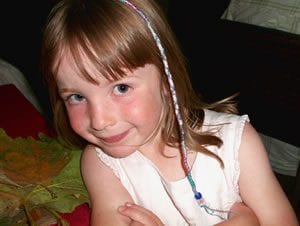- 0800 731 6991
- committee@cdhuk.org.uk

The best possible outcome is if your baby continues to improve and is transferred to your local special care baby unit and eventually you are able to take your baby home. The length of time your baby will be in hospital can be anything from 6 weeks to over 12 months depending on whether your baby improves quickly or experiences complications. Once your baby is home you can expect to receive visits from outreach nurses and health visitors, who will help you with all aspects of your baby’s ongoing recovery and any ongoing issues. If all goes well your baby will have few or no lasting problems and will grow up to be a normal healthy adult. Here are some of the things your baby may experience as a consequence of CDH:
This is not an absolute list of symptoms and sometimes there is little or no signs and it is picked up during a routine check up. However this is rare and you would normally see some tell tale signs. Always trust your instinct as you know what is normal or abnormal for your child.
If you notice any of these signs contact your GP immediately or call an ambulance.